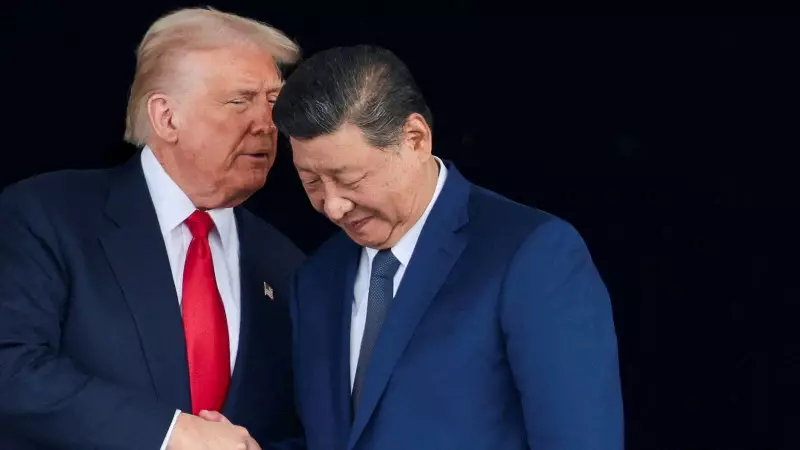
The much-hyped US-China trade war that dominated global headlines failed to deliver the economic knockout punch many predicted. Instead of collapsing under pressure, China's economy demonstrated remarkable resilience and strategic adaptability that surprised many Western analysts.
The Great Diversification Strategy
While tariffs did impact certain sectors, China had been preparing for such scenarios long before the trade war escalated. The country systematically diversified its export markets and strengthened trade relationships across Asia, Africa, and Latin America. This forward-thinking approach created multiple safety nets that cushioned the blow from reduced US trade.
Domestic Consumption Takes Center Stage
China's most significant transformation came from within. The government's deliberate push to boost domestic consumption created a self-sustaining economic engine that reduced dependence on foreign markets. Middle-class spending power grew exponentially, making internal demand a primary growth driver rather than just exports.
Manufacturing Evolution, Not Exodus
Contrary to expectations of mass factory relocations, China's manufacturing sector underwent an evolution rather than an exodus. While some low-end production shifted to neighbouring countries, China moved up the value chain, focusing on high-tech manufacturing, electric vehicles, and advanced electronics.
The Supply Chain Reality Check
Many companies discovered that moving entire supply chains away from China was neither practical nor cost-effective. China's established infrastructure, skilled workforce, and manufacturing ecosystems proved difficult to replicate elsewhere. The predicted mass corporate exodus never materialized as businesses recognized the complexity of complete decoupling.
Economic Resilience Through Innovation
China responded to external pressure by accelerating its technological independence. Massive investments in research and development, particularly in semiconductors and artificial intelligence, strengthened the country's position in critical future industries.
The trade war ultimately revealed that China's economic foundations were far stronger than many critics acknowledged. Rather than breaking China's economic model, the trade pressures accelerated changes that were already underway, creating a more balanced and resilient economy capable of weathering global uncertainties.





